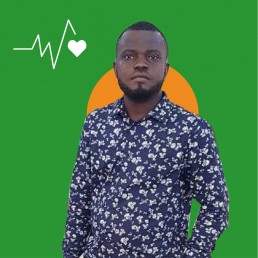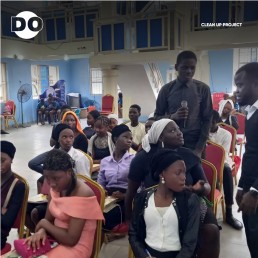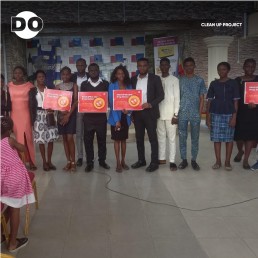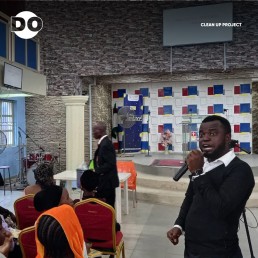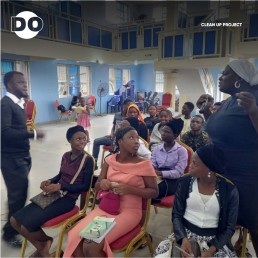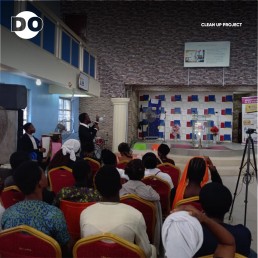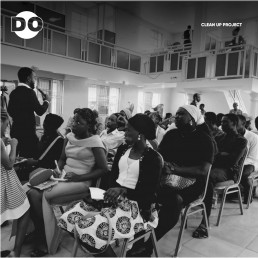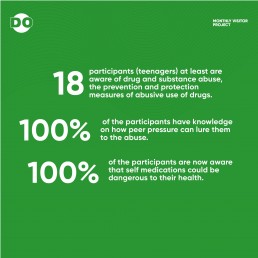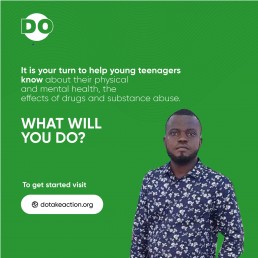THE NEED
You see them everywhere; they are in churches, mosques, worshipping and praying with you. They attend the same schools you do, offer the same courses and could even be your roommate. They run the streets with your kids in Ajegunle or could even be living next door to you in your posh neighbourhood in Victoria island.
You, yes, you, could even be a culprit!
Gone are those days when drug abuse was attributed to a certain demographic; touts and criminals living in ghettos. Nowadays, even the most intelligent, elegant and well-placed individuals you know abuse drugs. This is because intelligence doesn’t preclude people from taking drugs any more than fame does.
There are one thousand and one reasons why people abuse drugs. For some, it is to relax and relieve stress. Some turn to drugs as an escape from the harsh realities of life. Some do it to enhance their strength, performance or creativity. Others do it to stay awake when needed.
Whatever be the case, drug and substance abuse is slowly but surely taking away the sanity of our society. In Nigeria alone, reports show that 14.4% of Nigerians are abusing drugs, far higher than the global average of 5.6% among adults in 2016.
People die from health complications and mental disorders resulting from substance abuse every day. In 2017 alone, 585,000 people died from substance abuse, and 35 million people are projected to suffer from drug addiction. Social menaces such as organised crime, illegal financial flows, corruption, robbery, cultism, terrorism/insurgency, trafficking, to mention a few, have all been traced to substance abuse.
It is worthy of note that drug abuse has evolved from mainstream substances like cannabis, cocaine, diazepam, codeine, amphetamine/dexamphetamine, and cough syrup, as well as Reactivan (fencamfamine), Mandrax, and tramadol, to include concoctions of numerous narcotics, putting abusers in danger of lethal overdose. For example, “gutter water,” a popular drug cocktail, comprises codeine, tramadol, Rohypnol, cannabis, and either water or juice. As an alternative, some young adults are turning to simple concoctions such as smoking lizard parts and excrement and sniffing glue, petrol, sewage, and urine.
Disgusting, right?
Sadly, the younger generation is not exempted from the rampant drug abusing populace. It is very common now to see adolescents sipping sachets of rum or puffing cigarettes on the streets. Some of them in cult groups or gangs have access to hard drugs. They take these hard drugs to school and influence their inquisitive peers to try them. Before you say ‘Jack’, they’ve become addicts.
Declining grades, absenteeism from school and other activities, and increased potential for dropping out of school are associated with adolescent drug abuse. Not to mention injuries resulting from accidents and fights, physical disabilities and diseases, mental health problems like depression, apathy, withdrawal, and other psychosocial dysfunctions.
Aside from reports of chronic health conditions of abusers, experts have also established a nexus between the menace and rising incidences of juvenile crimes. In addition, the abuse of drugs by youth may result in family crises and jeopardise many aspects of family life, sometimes resulting in family dysfunction.
However, all it takes to make a difference and change the ugly narrative is just one person. And Alagbe Adeleye Raheem happens to be that person.
Alagbe Adeleye Raheem, an IT Support personnel, based in Lagos, is passionate about driving change in the lives of adolescents and teenagers. He wants to see a better generation that will not repeat the mistakes of this millennial.
Through careful studies and research, Alagbe understood that drug education and prevention aimed at children and adolescents offers the best chance to curb drug abuse in Nigeria. He launched a No to Pills and Drug Abuse project under the DO-Take Action umbrella at Foursquare Gospel Church, Palm Avenue Zonal Headquarters, Mushin Lagos. The project is under the Good Health and Wellbeing program.
The project entailed the following actions;
- A presentation on Drug Abuse at Foursquare Gospel Church, Ofada, with the teenagers and adolescents of the community, and secondary school and tertiary students highly represented.
- An interactive Q/A session where participants asked questions on the topic under review and were given informed answers.
In the course of the project, a minimum of 18 participants were informed on the physical and mental health effects of drug and substance abuse. As a result, they pledged allegiance not to indulge in the act of drug and substance abuse.
Just like that, 18 adolescents are better informed on the dangers of substance abuse. Nigeria is 18 people better than yesterday. If Alagbe can do it, you too can. Start where you are with what you have to initiate the change you want to see.
If you enjoyed the story and would like to read more stories like this, sign up for our monthly newsletter to get notified of new stories.
Also, do well to follow our social media handles for more engaging and entertaining content on issues that affect YOU.
